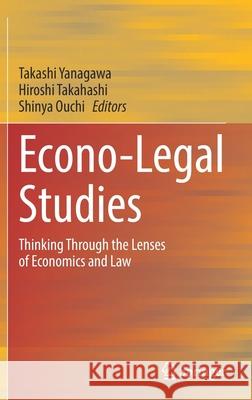Econo-Legal Studies: Thinking Through the Lenses of Economics and Law » książka
topmenu
Econo-Legal Studies: Thinking Through the Lenses of Economics and Law
ISBN-13: 9789811651441 / Angielski / Twarda / 2021 / 330 str.
Econo-Legal Studies: Thinking Through the Lenses of Economics and Law
ISBN-13: 9789811651441 / Angielski / Twarda / 2021 / 330 str.
cena 221,90
(netto: 211,33 VAT: 5%)
Najniższa cena z 30 dni: 212,02
(netto: 211,33 VAT: 5%)
Najniższa cena z 30 dni: 212,02
Termin realizacji zamówienia:
ok. 22 dni roboczych
Dostawa w 2026 r.
ok. 22 dni roboczych
Dostawa w 2026 r.
Darmowa dostawa!
Kategorie:
Kategorie BISAC:
Wydawca:
Springer
Język:
Angielski
ISBN-13:
9789811651441
Rok wydania:
2021
Wydanie:
2021
Ilość stron:
330
Waga:
0.58 kg
Wymiary:
23.39 x 15.6 x 1.75
Oprawa:
Twarda
Wolumenów:
01
Dodatkowe informacje:
Wydanie ilustrowane











